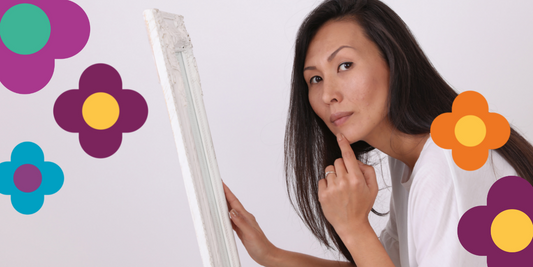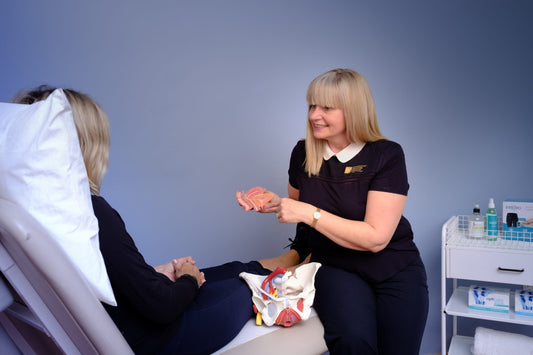How to help them learn about their bodies
Back in the 1980s, most of us had pretty awkward conversations when it came to sex. Talking to your kids about sex is not a fun subject for anyone.
They didn’t even introduce Ireland’s first official schools' sex education programme until the mid-1990s. Since then, the Department of Education has required that all schools have a policy regarding the teaching of Relationships and Sexuality Education (RSE).
In Ireland, RSE is taught from Junior Infants to 6th Year.
Still, as parents, it’s up to us to ensure that our children are intelligent and educated about their bodies, sex, and consent. These are vital issues and knowing about them is an important milestone in a child’s life; talking about these matters is paramount.
The Talk
Parents are the first teachers in a child’s life to foster and facilitate a safe environment where open conversation is encouraged and questions can be asked as needed.
As parents, we can also have our own questions. Such as:
- When is the right time?
- How much information is too much information?
- How should I deliver the talk?
No matter how open a parent is, the inevitable sex talk can sometimes come as a surprise.
KeyForHer has put together a short guide to provide some ideas and tips to help get you started and feel more prepared when talking to your kids about sex.
Remember puberty, changing bodies, and new feelings can be overwhelming for kids. To help with this transition, ideally, conversations take place before they actually occur.
Girls
Most girls get their first period when they're 12- or 13-years-old, but some get their periods as early as age eight, while others call it as late as age 15 or 16. Girls need to learn about menstruation before it occurs. If they are unaware of what is happening, they can be frightened or confused by the arrival of their period.
Read more on some of the side effects of periods here!
Boys
Boys begin puberty anywhere between ages nine and 14. Initial changes to look out for may include the cracking and then deepening of the voice and growth of facial hair.
And while many kids receive sex education at school, the lessons may be segregated. It's very beneficial that girls learn about the changes boys go through, and boys learn about those affecting girls.
Practical tips
- Start the conversation early. A series of shorter conversations throughout childhood and adolescence rather than one big “talk” can make things more comfortable.
- Ensure that the lines of communication are wide open. Commit to being an open family, where you can discuss anything at any time.
- Look for teachable moments, for example, when the topic may arise during movies or TV shows.
- Conduct lots of research! There are plenty of books and other resources out there to help parents get comfortable with sex talk.
- Avoid any taboos. Listen and talk openly about sexual orientation and help them understand that their feelings are normal and may or may not change over time.
- Provide your child with age-appropriate books or other resources for them to read with or without you.
- Ensure that your child is aware that they are in charge of their bodies and that they understand the meaning of consent concerning themselves and others.
- Listen more than you talk. Reserve judgement and be calm. Above all, let your child know that you love them and praise them for sharing their feelings with you.
- Don’t worry too much about embarrassment. Acknowledge your and your child's discomfort from the beginning.
- Try to avoid overwhelming your child with too much information and instead perhaps break one larger talk into a series of shorter words covering different topics.
- Avoid lecturing or preaching. Your kids should feel that it is a two-way conversation.
- Where possible, don’t avoid questions. If you feel unprepared with the “right” answer, explain that to them, giving them an idea of when you might have an answer.
- Don't wait for your child to come to you with questions about their changing body.
Talking to your kids about sex, relationships, and their health is a lifelong conversation, and It’s never too early or late to start.
Research tells us that kids and teens who have regular chats with their parents or caregivers about sex and relationships are less likely to take risks with their sexual health and more likely to be healthy and safe.













